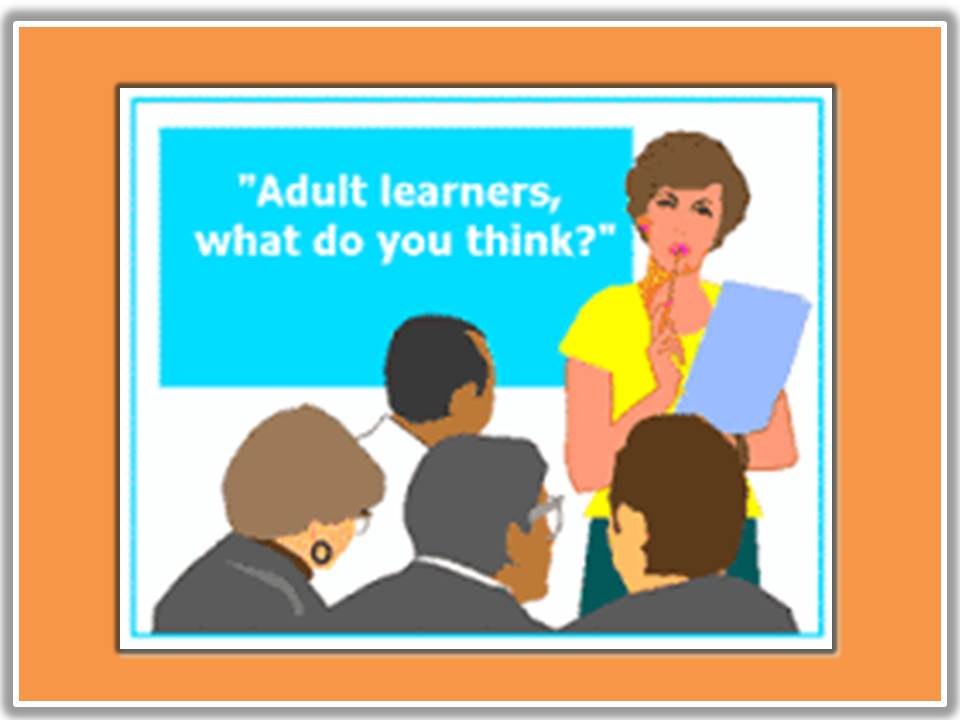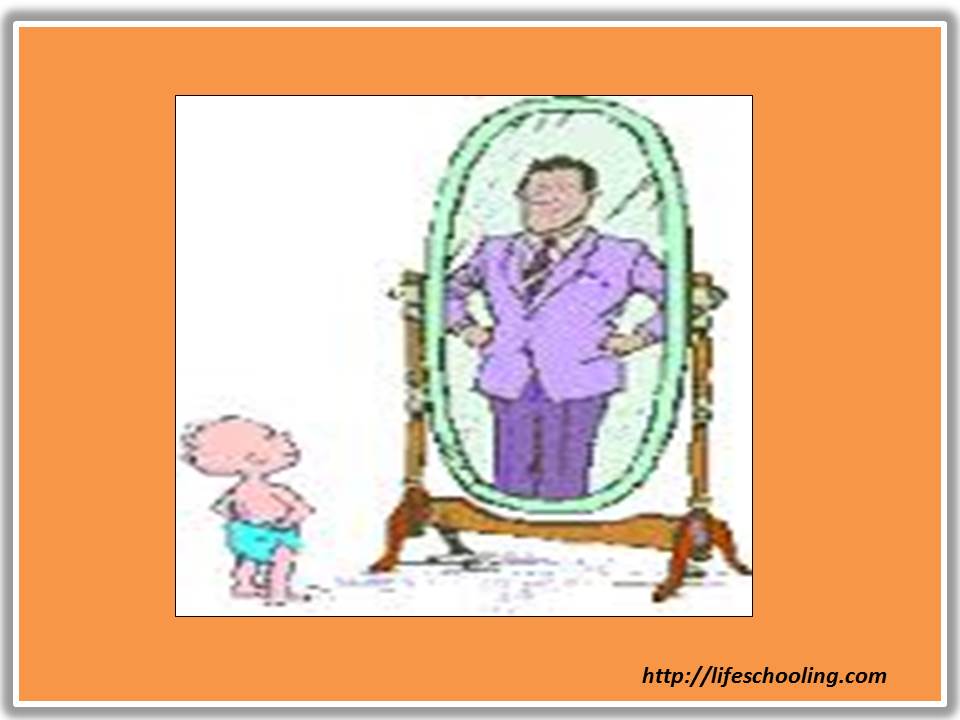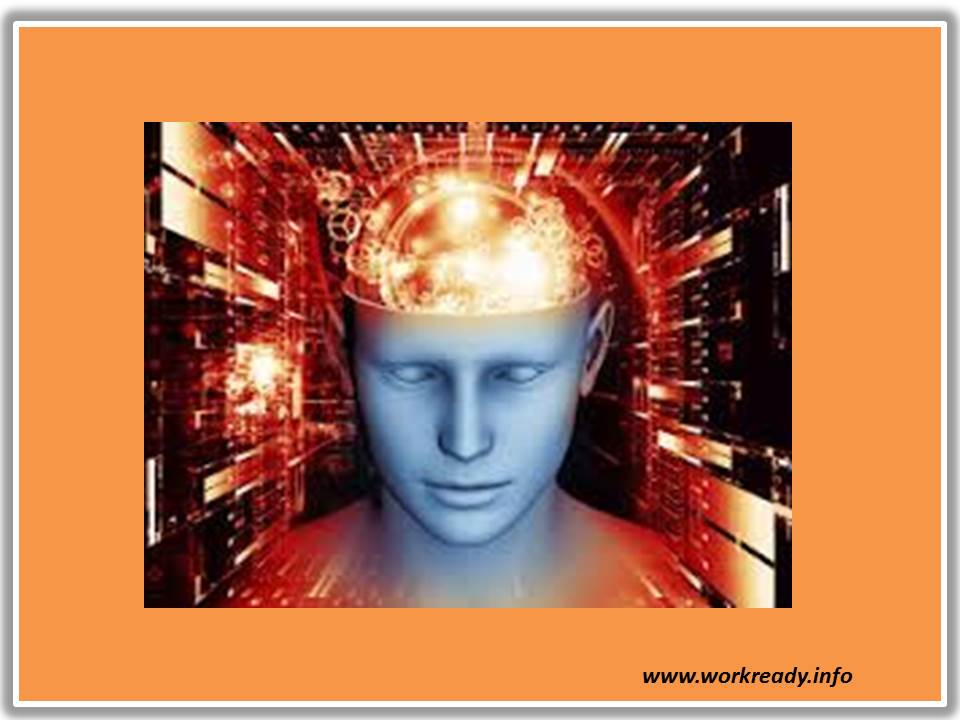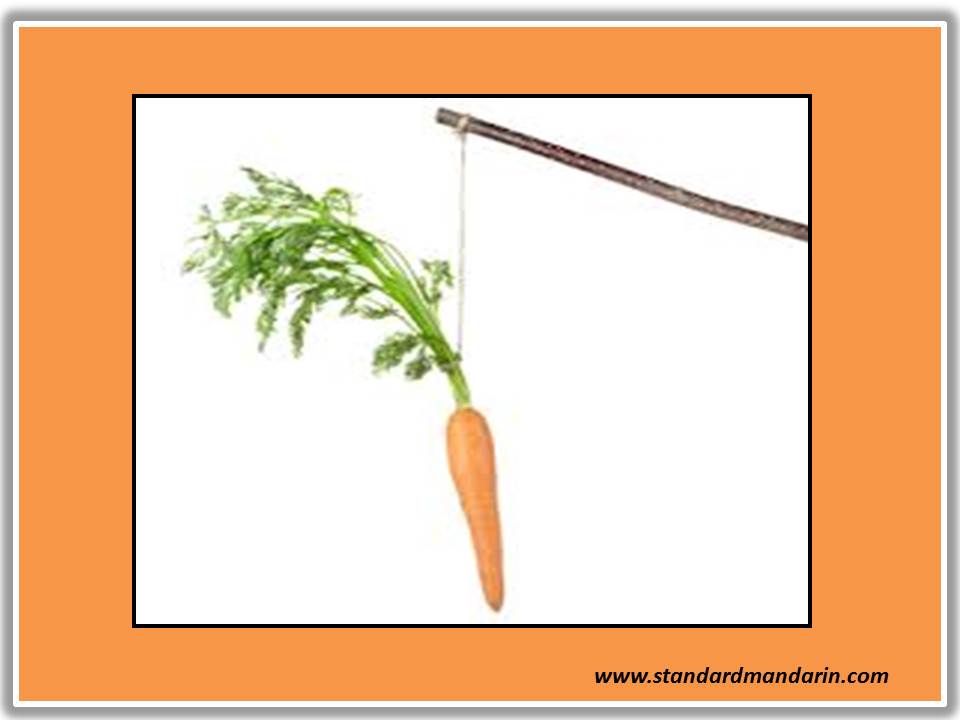I witnessed an interesting situation recently. When I went to my friend Gopal’s house a couple of weekends back, I saw Gopal who is in late 30s and his 8 year old daughter Saumya studying together. If you are thinking Gopal must be teaching Saumya then you are mistaken as I was initially. They were studying for their respective examinations. Saumya was studying for her standard III exams and Gopal for some professional examination.
“Children are far more disciplined in in classroom studies compared to adults” said Gopal citing his classroom experience that he recently attended for exam preparation. “If Saumya is told to learn something, she will do it without wanting to know why and how”. I found Gopal’s observations interesting since in a way we were talking about the different styles or ways in which adults learn compared to children.
Since the learning doesn’t stop for you and me, these 5 principles may help us understand and appreciate differences betw
- Concept of Self :
As we mature, we move from being a dependent individual to an independent personality. This independence inculcates within us a feeling of being a self-directed individual. So unlike children, we have our preferences of our learning.
learning.
So what changes with this transformation? We will not learn something just because someone tells us to do so. We will only pay attention if we are involved in the process. We want to be in control of our learning.
- Readiness to learn :
You and I would be willing to learn if it fits the preferences we have. By preferences I mean if the learning is aligned to the developmental or social roles, the concept can draw our attention fast.
With multiple roles and responsibilities that we play, one thing that we want to use judiciously is Time. Hence we will be ready to learn if it fits into our scheme of things.
- Experience :
As we traverse the journey of life, we accumulate experiences. These experiences become the rich source of our  learning. Hence for any new concept or method that we wish to learn, if that is associated with some experience of ours, we are able to remember, retain and apply it faster.
learning. Hence for any new concept or method that we wish to learn, if that is associated with some experience of ours, we are able to remember, retain and apply it faster.
Application :
A change in the perspective from – ‘I will check the application later to I want to apply it now’.
When we learn as children, we do not feel the need or urgency to apply the learned concepts immediately. However as adults, we have this as one important requirement. We want to test and check if the newly learned concept can be applied in our life/context or not. We are problem centered or problem solvers. We want to know why we are learning a particular thing.
Motivation to learning :
Motivation for us to learn is very different than that of our children.
We will learn if we are interested in that topic. We  will learn to meet external expectations like requirement to upgrade skills and knowledge for Job, business etc. We will learn for professional advancement. We will learn to build and strengthen relationship.
will learn to meet external expectations like requirement to upgrade skills and knowledge for Job, business etc. We will learn for professional advancement. We will learn to build and strengthen relationship.
So Gopal will have to understand that the ‘what’ and ‘why’ for him is going to be very different than that of Saumya.
Very well said Bhushan that what and why are different for adults and a child. Also expectations and urge of learning are totally different for adults.